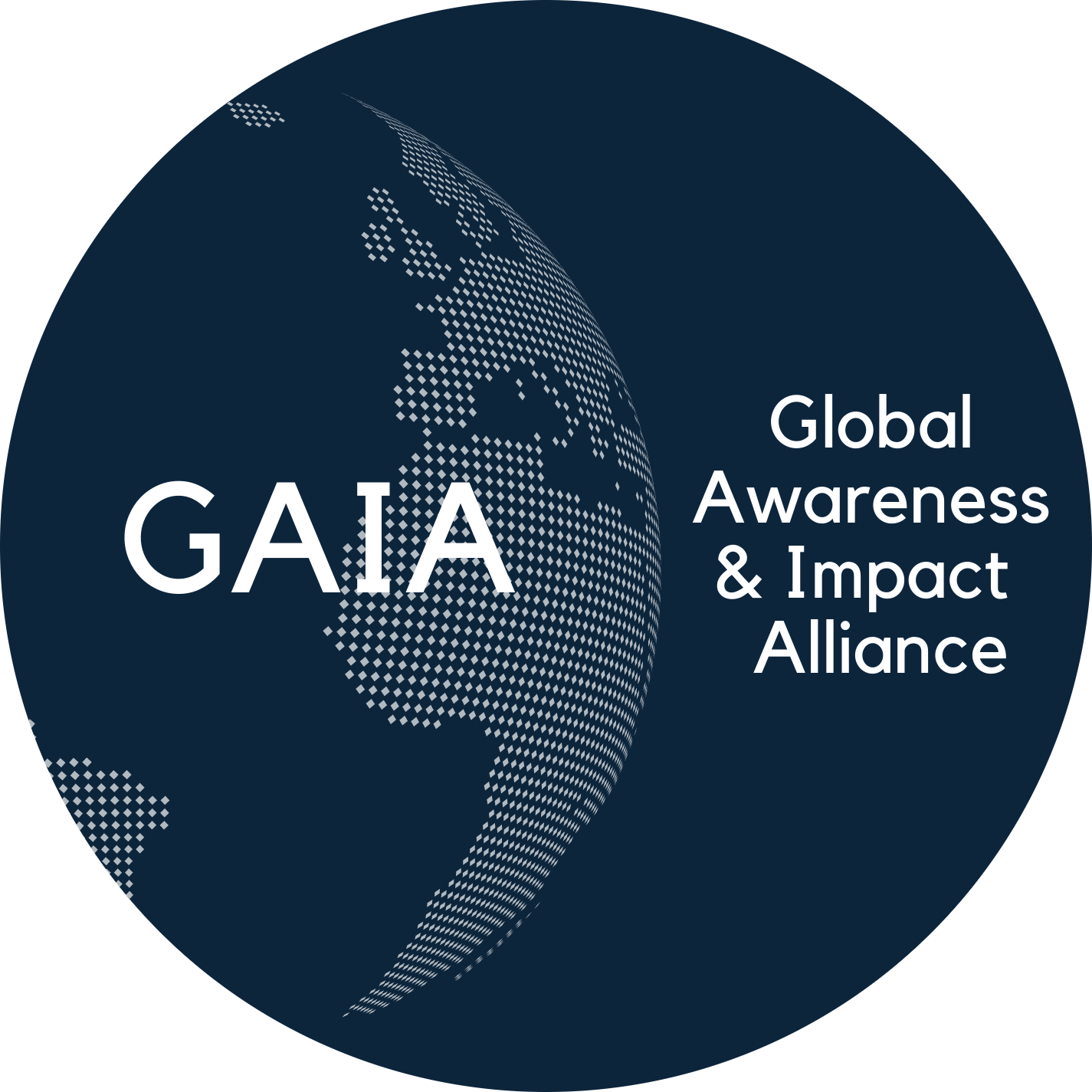GAIA observes Forum by Geneva Centre for Security Sector Governance
From 16 June to 18 June, our Research Associate, Riyani Sidek attended the Southeast Asia Security Sector Governance Forum (DCAF) in partnership with DCAF’s Southeast Asia SSG Network Partners. DCAF is dedicated to improving security of states and people within a framework of governance, the rule of law and respect for human rights.
The forum began with opening remarks by Kevin Socquet-Clerc Project Officer of the Asia-Pacific Unit of DCAF followed by Albrecht Schnabel, Head of the Asia-Pacific Unit, DCAF. The forum began with country updates by national working groups whereby representatives explained the current trends, challenges and opportunities in the respective countries. The countries represented were from Cambodia, Indonesia, Malaysia, Myanmar, Philippines, Singapore, Thailand, Timor-Leste and Vietnam. Riyani attended the Forum in her capacity as an observer from Brunei.
The following day of the Forum began with an introduction and input presentation by Albrecht Schnable, Amara Thiha, Senior Research Manager Institute of Peace and Security and Jenner Oreta, Director of the Ateneo Initiative for Southeast Asian Studies (AISEAS), Ateneo De Manila University.
Participants were then divided into breakout groups to discuss the questions:
Based on the recent example of Myanmar, what role could/should ASEAN play in preventing backsliding of national democratisation efforts?
What should be the approaches by individual governments of Southeast Asia to prevent backsliding of democratisation efforts?
How can it be ensured that national security sector oversight and control systems are sufficiently solid to avoid military take-overs?
What could be the role of the SSG Network?
Participants emphasised the importance of stability as the priority for the region and that ASEAN should engage with the regional partners particularly China for stability. Participants also emphasised the importance of closer dialogue states for cessation of violence. There was a call to put forward the importance of strengthening the opposition and Civil Society, to condemn the violence and promote the dialogue and to encourage an understanding relationship between the administration and Society.
The role of SSG Network in this issue is to hold public panels and webinars for relevant thematic areas, strengthen advocacy, and engage with civil society sectors. Participants also called to conduct case studies on decentralising armed militias in the post conflict situation.
The final day of the forum concluded with a discussion on the key role of the national working groups and the current status as well as challenges faced by the national working groups. The forum also mentioned online events organised jointly by DCAF and national working groups on Gender Based Violence, the Role of Social Media during Health Crises and webinars on the Security Situation in Myanmar. The forum also discussed the next activities and future collaborations with other national working groups. The forum ended with a summary of the forum discussion and closing remarks delivered by Albrecht Schnabel.
More information on the Forum can be accessed here:
https://www.asiapacificssg.com/post/2021-southeast-asia-ssg-forum

